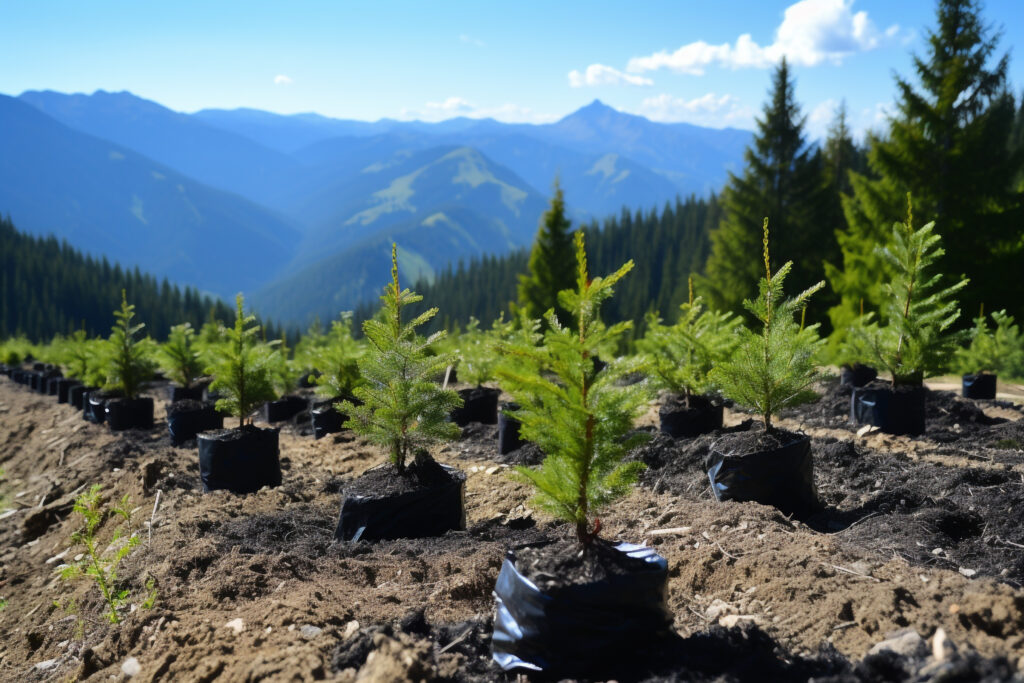Agriculture has been the backbone of our society for millennia. It feeds populations, supports economies, and shapes landscapes. However, the way we practice agriculture today has significant repercussions on our environment and biodiversity. In this article, we will explore the crucial importance of sustainable agriculture, highlighting tree planting practices and the integration of cash crops in small-scale farming, while examining techniques to improve soil health and increase agricultural yields.
Preserving Biodiversity through Sustainable Agriculture

Sustainable agriculture is a moral and environmental imperative. It involves cultivating while preserving natural resources and maintaining ecological balance. Among the key practices is tree planting. Trees not only provide shade and habitat for wildlife but also play a crucial role in climate regulation and soil preservation. Tree hedgerows along fields, for example, can reduce soil erosion and provide habitats for pollinating insects and birds, thus promoting biodiversity.
Integrating Cash Crops into Small-scale Farming

In many regions, family farmers seek to maximize their income by integrating cash crops such as soybeans and peppers into their farms. However, it is essential to do so thoughtfully and sustainably. Proper crop rotation can help maintain soil fertility and reduce dependence on pesticides and chemical fertilizers. Furthermore, diversifying crops can also help mitigate risks associated with weather conditions and market fluctuations.
Techniques to Improve Soil Health and Increase Yields
Soil health is a fundamental element of long-term agricultural productivity. Practices such as soil cover, crop rotation, and composting can help improve soil structure, increase organic matter content, and promote beneficial microbial life. Additionally, agroforestry, which involves integrating trees into agricultural systems, can improve soil fertility and increase yields.
In conclusion, sustainable agricultural development is essential to ensure global food security while preserving our environment. By integrating practices such as tree planting, cash crop integration, and soil health improvement, we can create resilient agricultural systems that benefit both farmers, biodiversity, and the planet as a whole. It is time to adopt a holistic approach to agriculture, one that values not only short-term yields but also the long-term health of our land and society.




